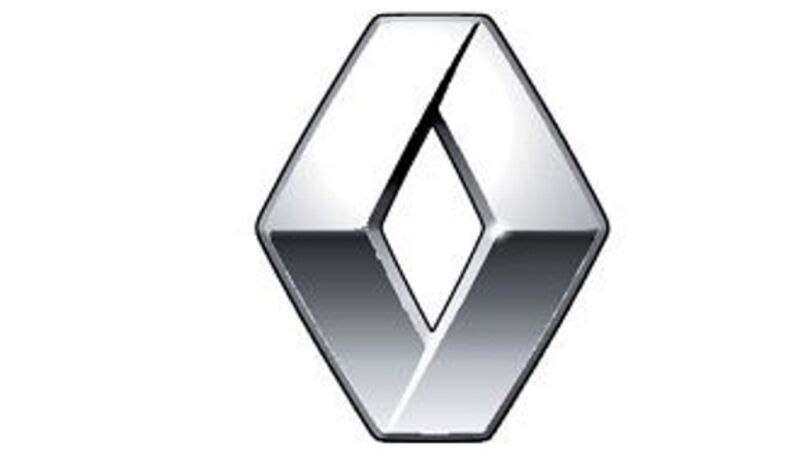The politics of ‘merger’ plan between Fiat and Renault

Fiat has a generous view of what defines a merger of equals. Its proposed combination with French rival Renault contains a premium. The top-up is a sign that any aspiring partner for Renault needs to show that it disagrees with the market’s dim view of the company’s worth.
The Italian suitor was capitalised at €17.8bn last week — before its ambitions emerged, while its putative partner was worth €14.8bn. Crunch the pair together at no premium and Renault shareholders would own less than half of the group, and of the value created from a merger.
















